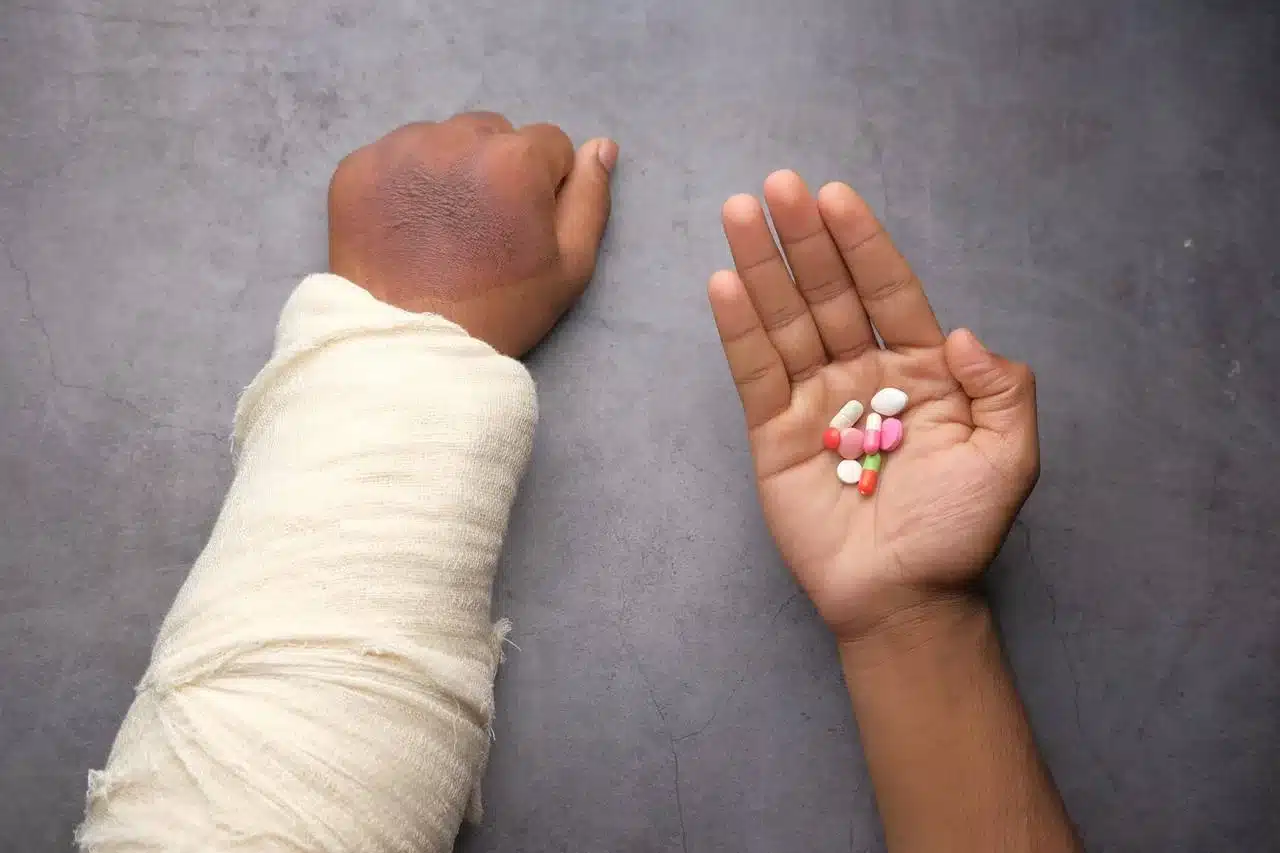Understanding PIP (Personal Injury Protection) Insurance in Florida

In Florida, Personal Injury Protection (PIP) insurance is a crucial component of the state’s auto insurance system. Designed to provide coverage for medical expenses and other related costs regardless of fault, PIP insurance plays a key role in the aftermath of a car accident. Understanding how PIP works can help you navigate your insurance claims more effectively and ensure you receive the benefits you’re entitled to. Here’s an overview of PIP insurance in Florida and how it affects you.
What is Personal Injury Protection (PIP) Insurance?
Personal Injury Protection (PIP) insurance is a type of auto insurance coverage that pays for medical expenses and certain other costs resulting from a car accident, regardless of who caused the accident. In Florida, PIP is a mandatory coverage under state law, meaning drivers must have it as part of their auto insurance policy.
Coverage Provided by PIP Insurance
PIP insurance covers a range of expenses, including:
- Medical Expenses: This includes payments for medical treatments related to the accident, such as hospital visits, surgeries, and rehabilitation.
- Lost Wages: If your injuries prevent you from working, PIP can provide compensation for a portion of your lost income.
- Household Services: If you need assistance with household chores due to your injuries, PIP can cover the cost of these services.
- Death Benefits: In the unfortunate event of a fatality, PIP provides a death benefit to the deceased’s family members.
Coverage Limits and Deductibles
Florida law mandates a minimum PIP coverage amount of $10,000. However, you can opt for higher coverage limits if you wish. PIP policies may also include deductibles, which are amounts you must pay out of pocket before your insurance starts covering the costs.
PIP Benefits and Filing a Claim
To benefit from PIP insurance, you need to follow these steps:
- Seek Medical Attention: Obtain medical treatment within 14 days of the accident. Failure to do so can result in the loss of PIP benefits.
- File a Claim: Notify your insurance company about the accident and file a claim for your PIP benefits. Provide all necessary documentation, including medical records and proof of lost wages.
- Submit Documentation: Provide detailed invoices and receipts for medical treatments, lost wages, and other eligible expenses.
Exclusions and Limitations
While PIP insurance offers broad coverage, there are certain exclusions and limitations to be aware of:
- Non-Covered Expenses: PIP does not cover damage to your vehicle or injuries sustained by passengers in a vehicle that you were driving if you are not a named insured on the policy.
- Pre-Existing Conditions: PIP may not cover injuries related to pre-existing conditions or those that are not directly caused by the accident.
- Alternative Transportation: Costs for alternative transportation, such as rental cars, are not covered under PIP insurance.
Interactions with Other Insurance Coverage
PIP insurance is designed to complement other types of coverage, including:
- Health Insurance: If your medical expenses exceed PIP coverage limits, your health insurance may cover additional costs.
- Liability Insurance: If you are found to be at fault for the accident, your liability insurance will cover damages to the other party’s vehicle and their medical expenses, while PIP covers your own costs.
Why PIP Insurance is Important
PIP insurance is important for several reasons:
- Immediate Coverage: It provides immediate financial assistance for medical expenses and lost wages, reducing the financial burden while you recover.
- No-Fault Benefits: By covering costs regardless of fault, PIP simplifies the claims process and helps you receive timely benefits.
- Legal Requirement: Having PIP insurance ensures compliance with Florida’s auto insurance laws, avoiding potential legal issues.
Consulting with an Attorney
If you encounter difficulties with your PIP claim or have questions about your coverage, consulting with a personal injury attorney can be beneficial. An attorney can help you understand your rights, ensure that you receive the full benefits you’re entitled to, and guide you through the claims process.
Conclusion
Understanding Personal Injury Protection (PIP) insurance is essential for navigating the aftermath of a car accident in Florida. By familiarizing yourself with the coverage provided, filing procedures, and potential limitations, you can make informed decisions and ensure that you receive the support you need during your recovery. If you have any concerns about your PIP insurance or need assistance with a claim, don’t hesitate to seek professional legal advice.
